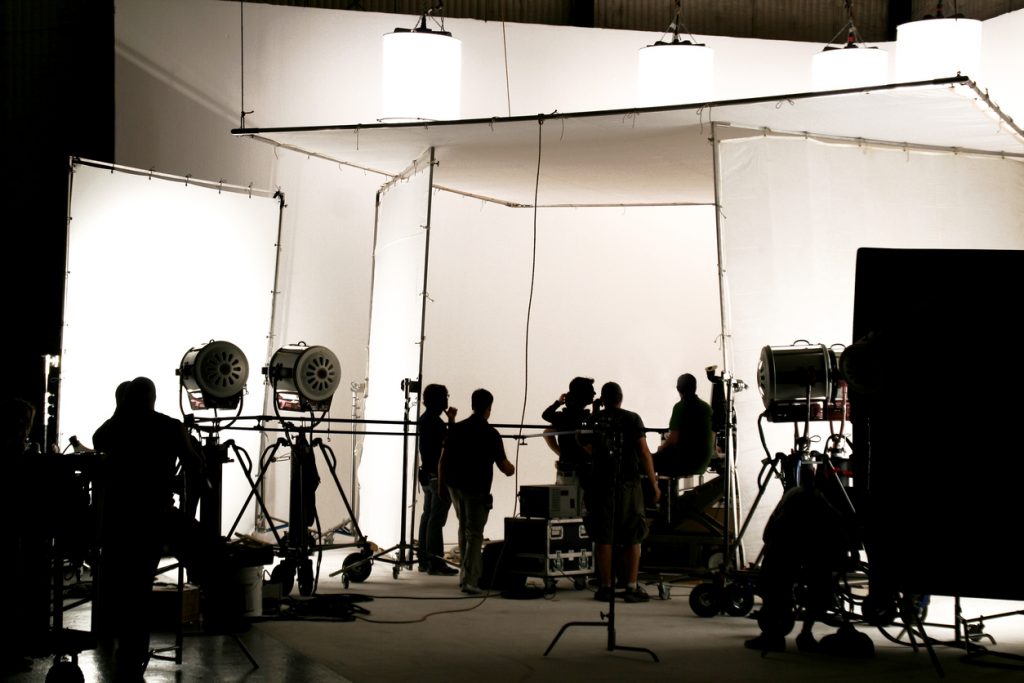Representation of women in media still has a long way to go: expert

Posted March 8, 2022 11:08 am.
Last Updated March 8, 2022 1:11 pm.
Tuesday marks International Women’s Day — a day to celebrate the social, economic, cultural, and political achievements of women.
There’s been a lot work over the past decades to help give more recognition to women around the world. However, despite the long battle to change how women are viewed in media, one expert suggests little has changed over the past 50 or so years.
Social justice education professor Megan Boler says women have made a lot of progress in many industries, but there remains a gap in sectors like film.
“We are forced to ask: what has really changed? Some things are better and a lot remains the same,” she told CityNews Tuesday.
She says in front of the camera, representation isn’t much better than it was generations ago.
“Women are just not frequently varying at all from the stereotype of the blonde, beautiful, thin, and heterosexual woman. That was the same concern of the protest of the Miss America beauty pageant in 1969,” she explained. “Women are still only rarely the strong, active protagonist in film.”
It isn’t just representation on camera that’s an issue. Boler says there are still too few female directors in this day and age.
In fact, she says only about 13 per cent of directors are women in Hollywood.
However, there has been great progress in some areas. Boler says with so much public attention targeting the lack of diversity in some sectors, change has been inevitable.
More International Women’s Day coverage:
-
Empty Vancouver statue base highlights lack of monuments devoted to women
-
International Women’s Day: Vancouver Canucks, BC Lions leaders in hiring
Something else that’s changed in the past several years is the rise of social media. This is also affecting women and girls today, Boler notes.
“Last year we learned from various studies that Instagram is having a profound negative impact on teenage girls in terms of their body image, in terms of comparing themselves with others, in terms of their depression and self image overall,” she said.
However, despite social media giants knowing how to better regulate their influence on audience, Bolder says they refuse to, adding they often favour audience engagement instead.
“Think about the world that our children will occupy in 20 or 40, 50 years. Don’t we owe it to them to have a world in which all voices … are heard?”
As the world and various industries continue to work on improving representation in their fields, Boler says discussing the issues women are facing is the first step.
“I think that is one of the really crucial things, having conversations with friends and family and stepping back and saying, ‘What is it that we are seeing in these representations?’ ‘How do we think critically about that?’ ‘What would it mean to not compare ourselves with what we are seeing in those images?'” she said.
-With files from Dean Recksiedler








